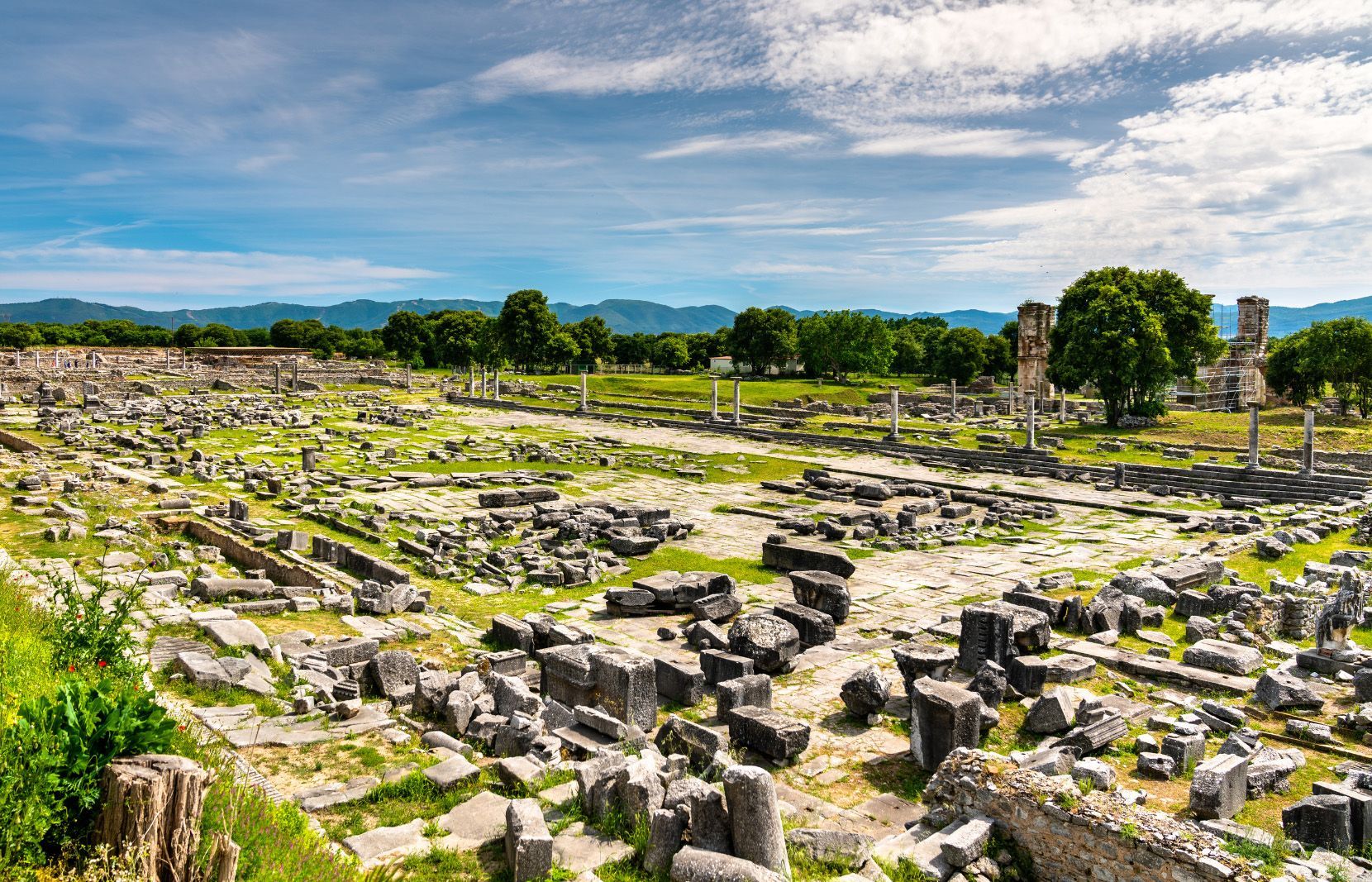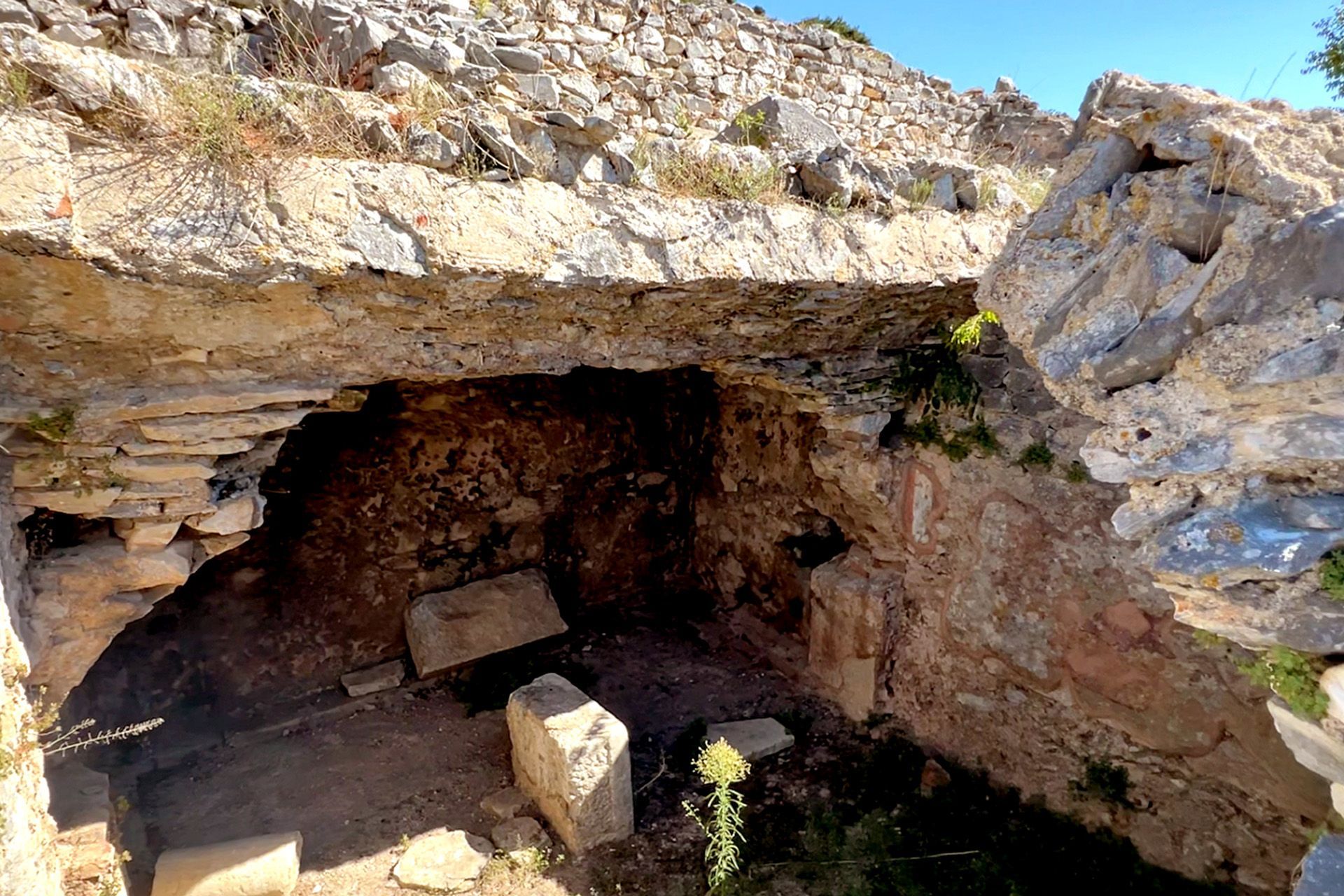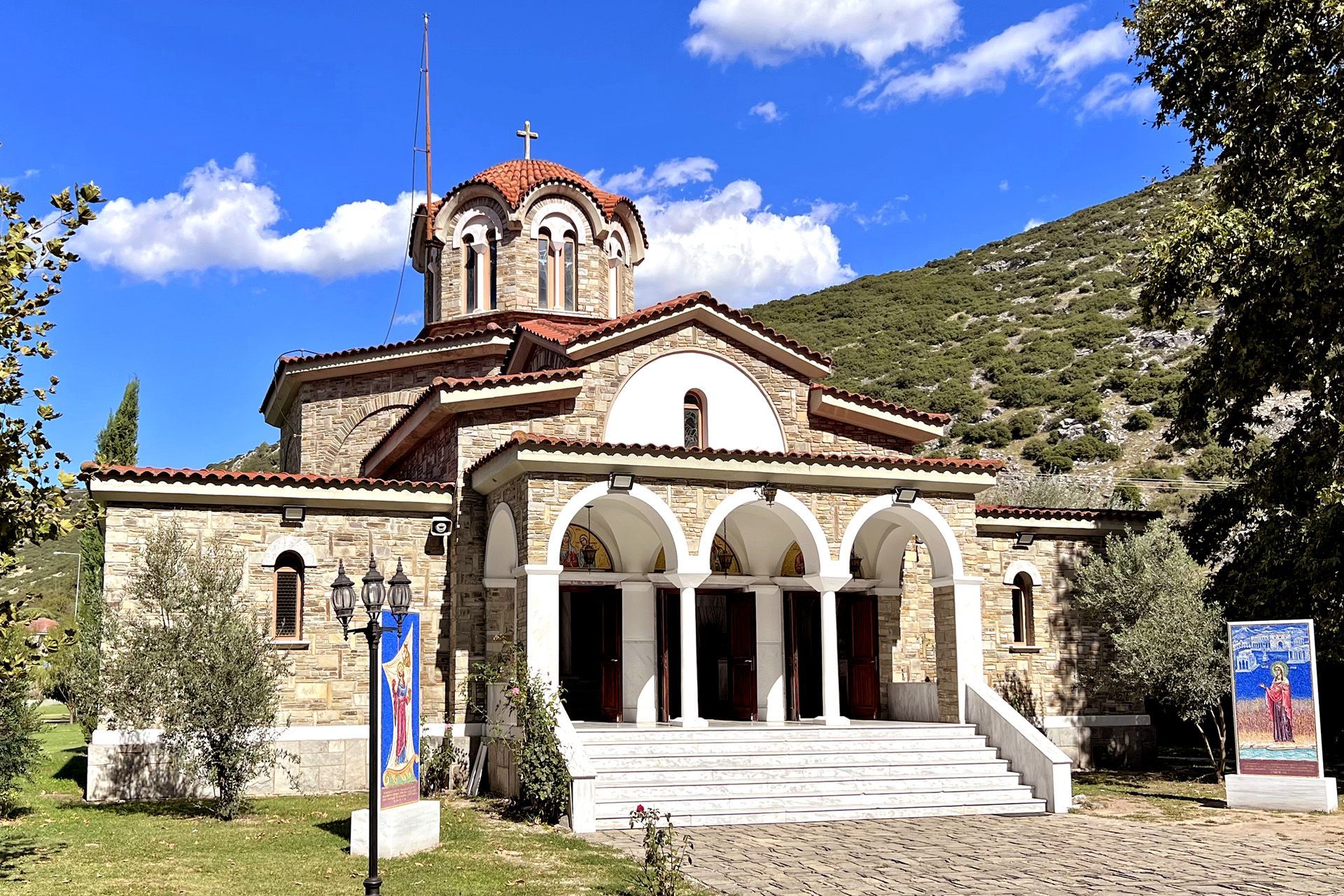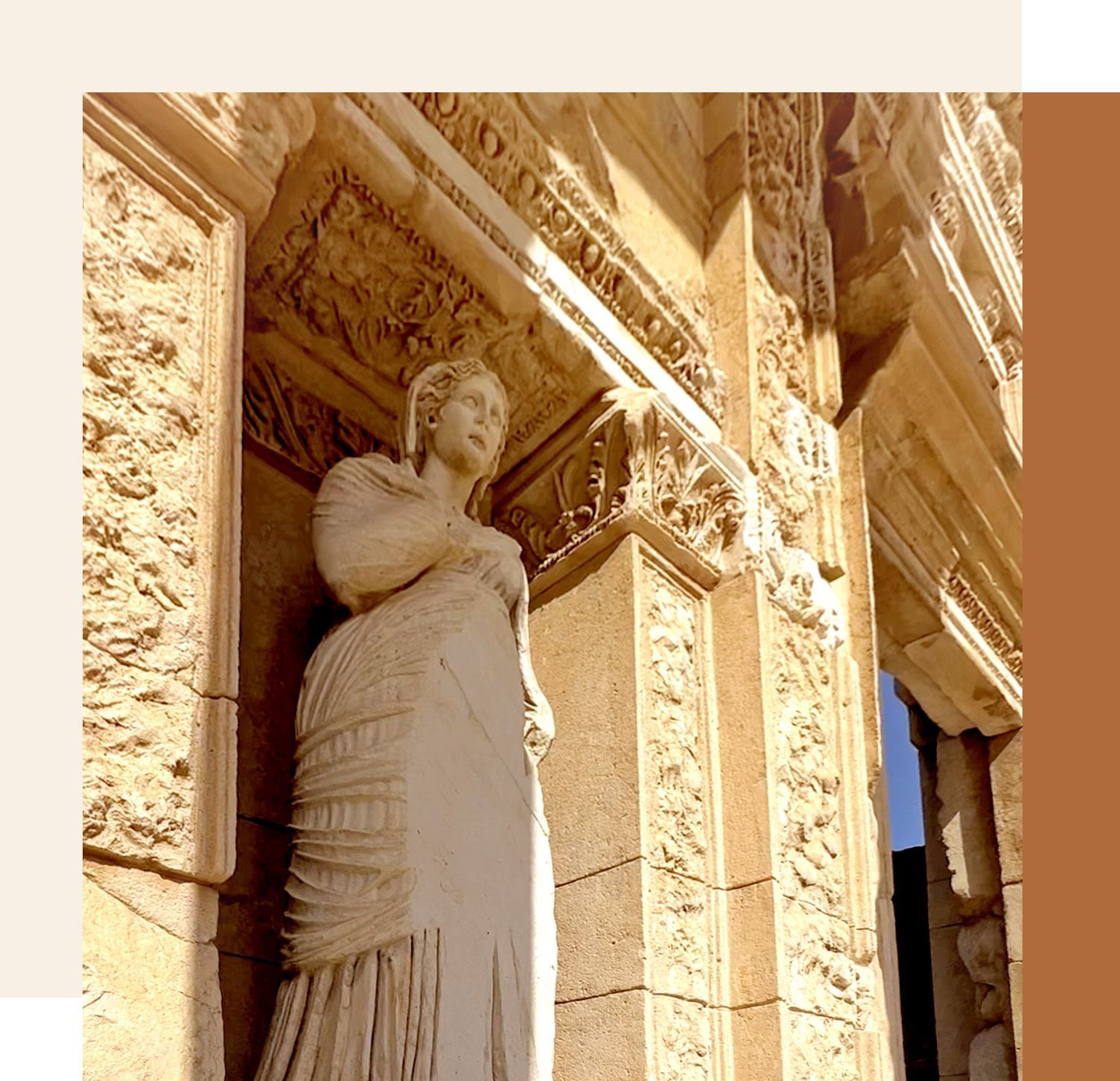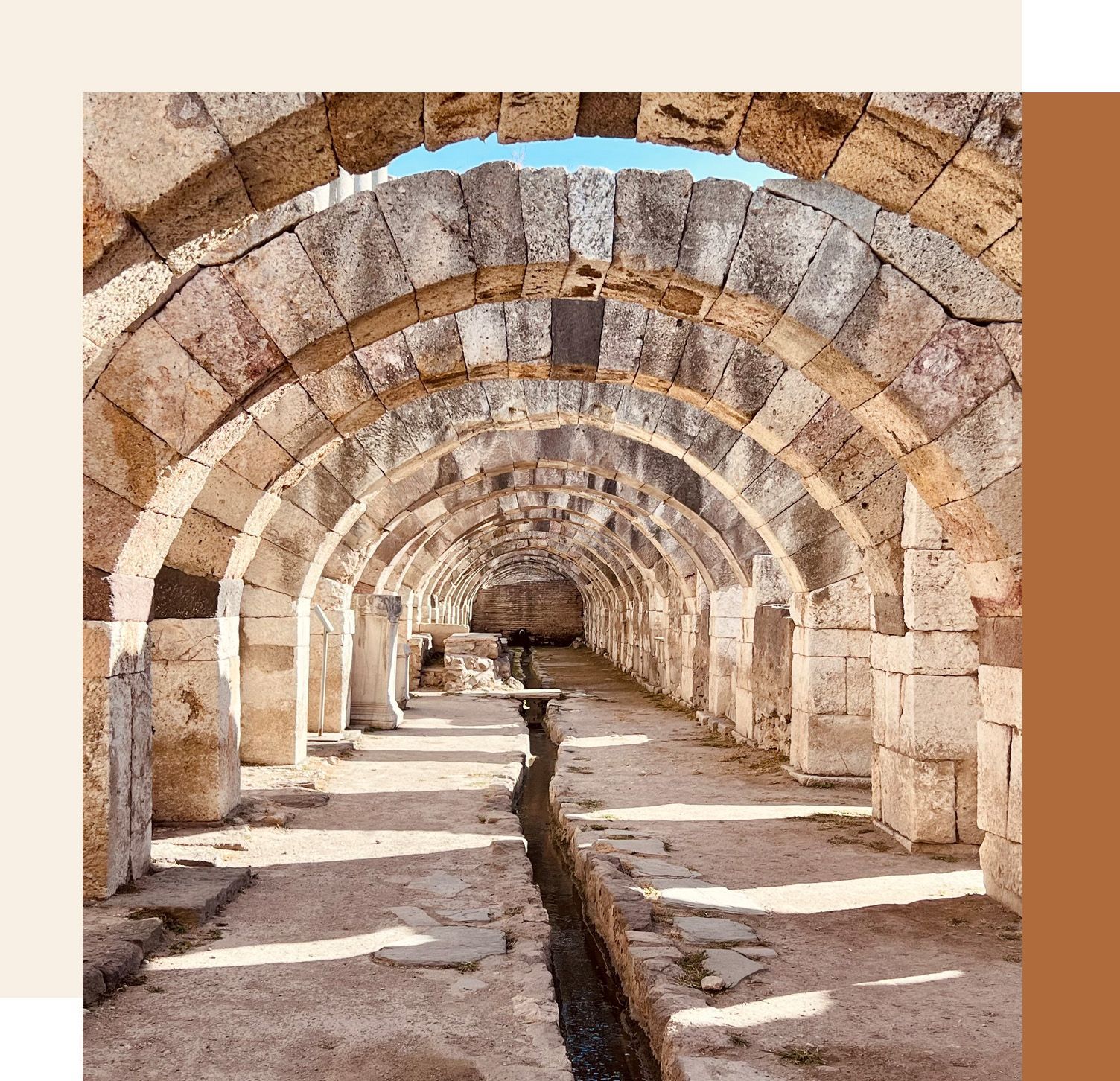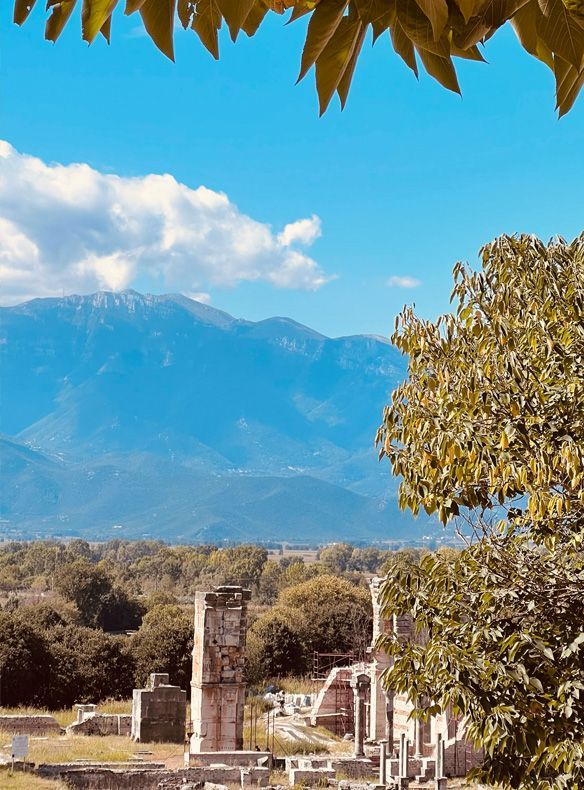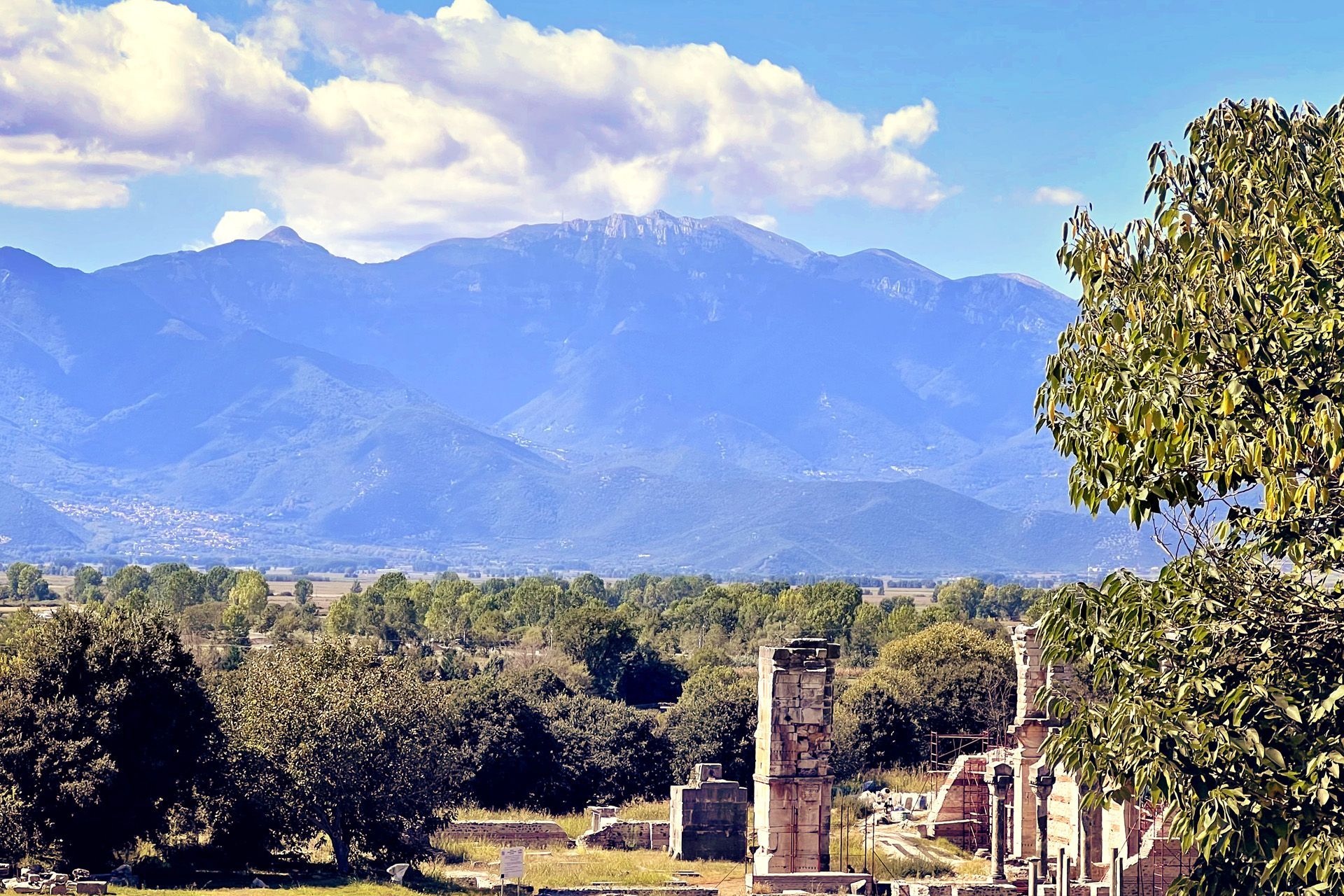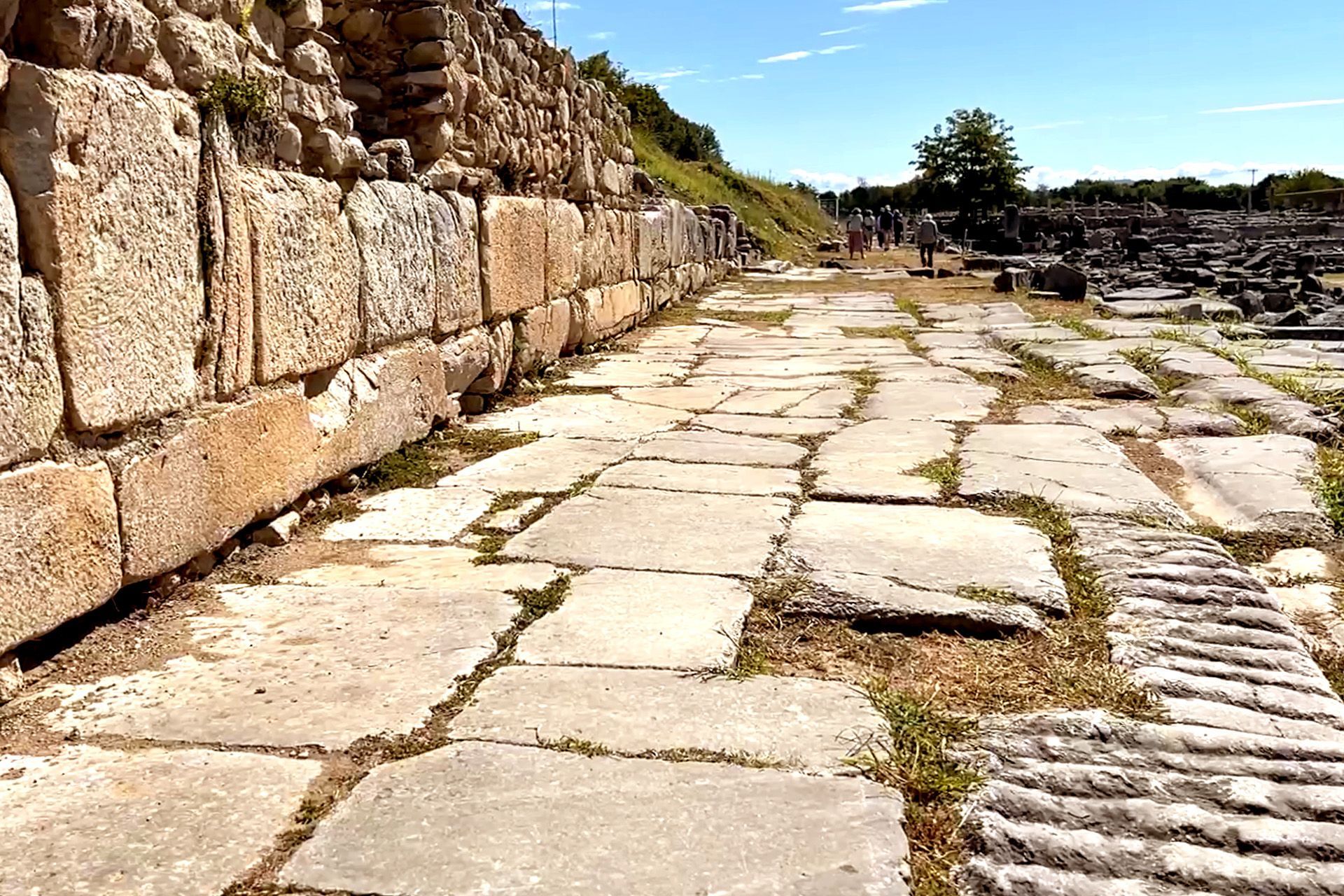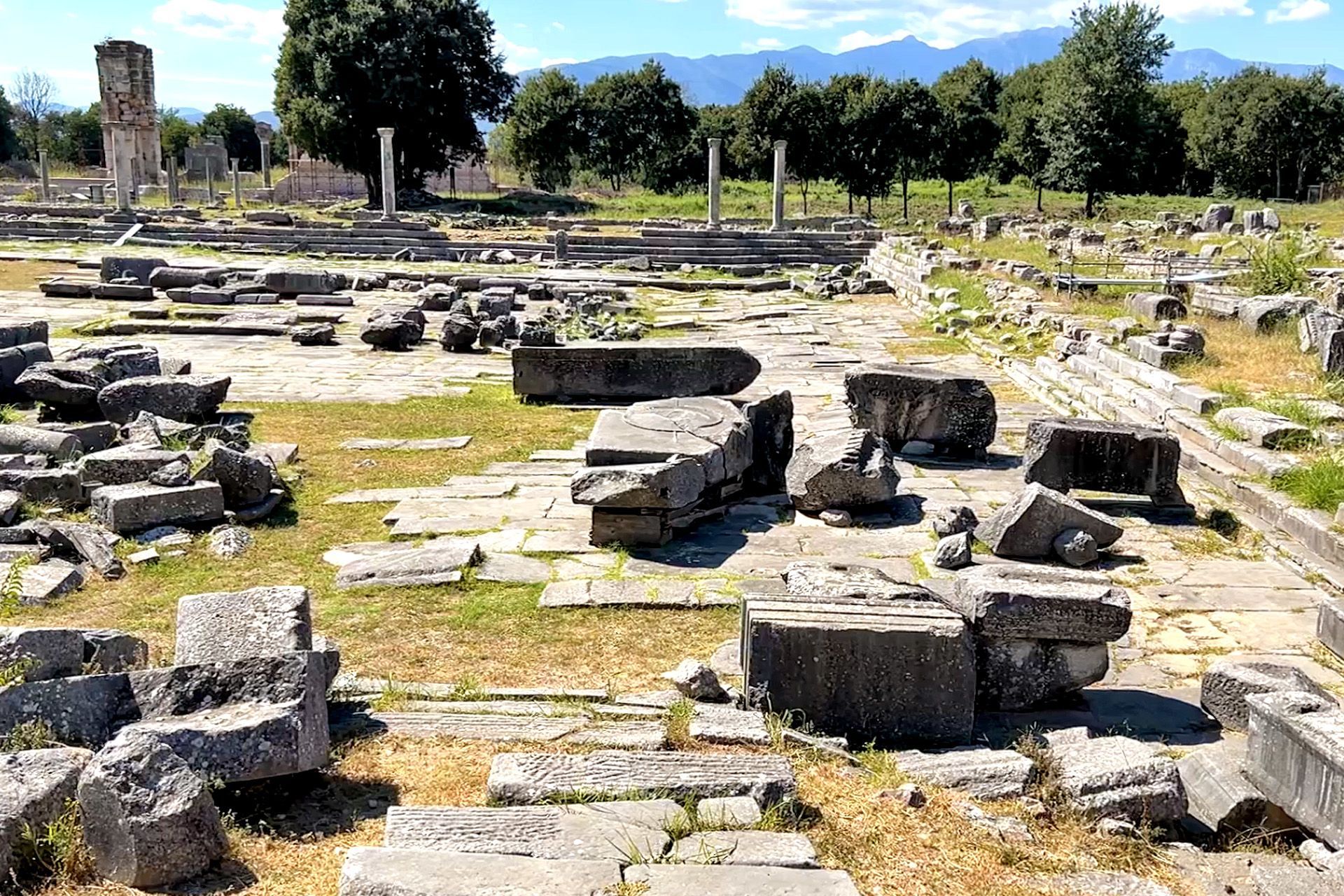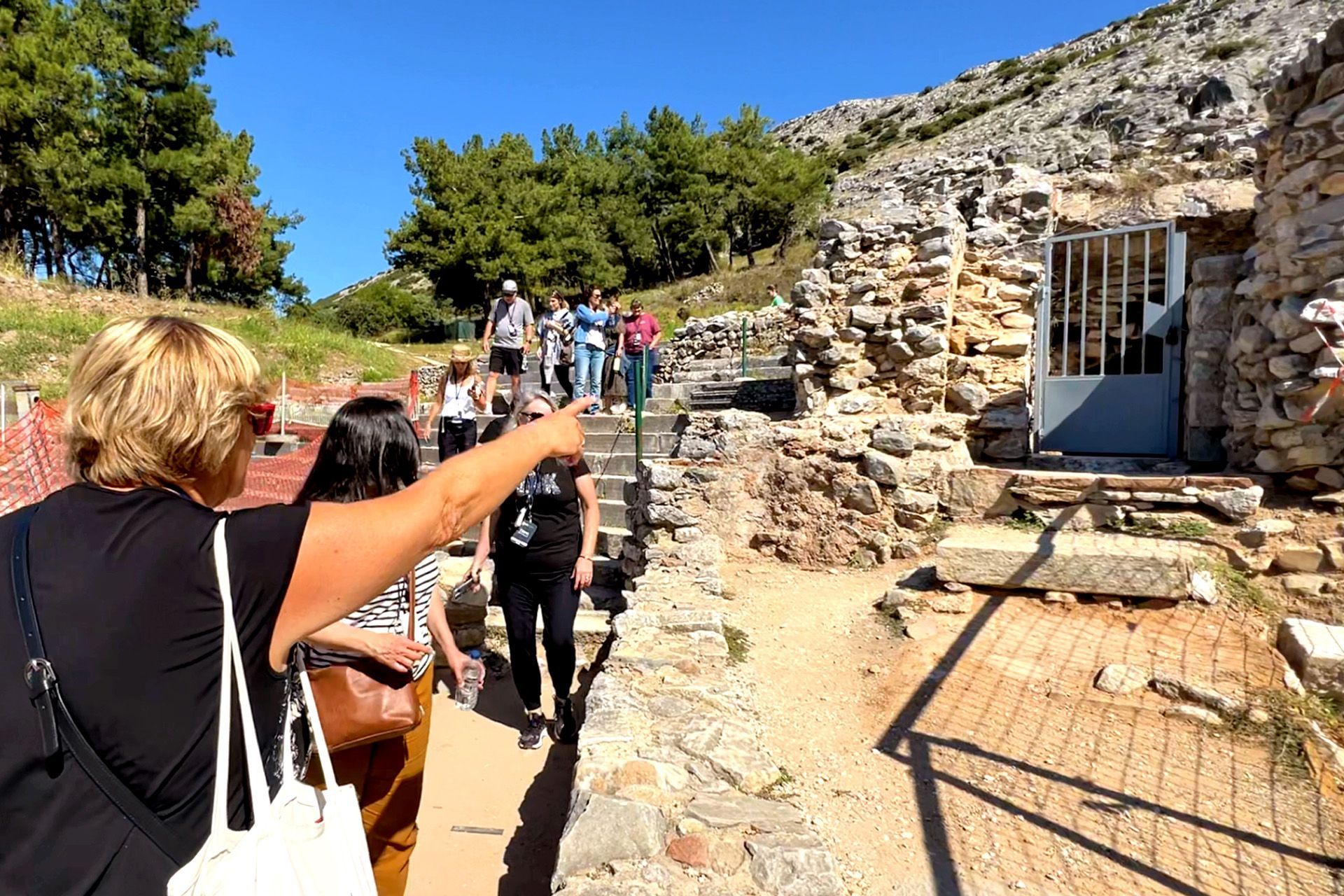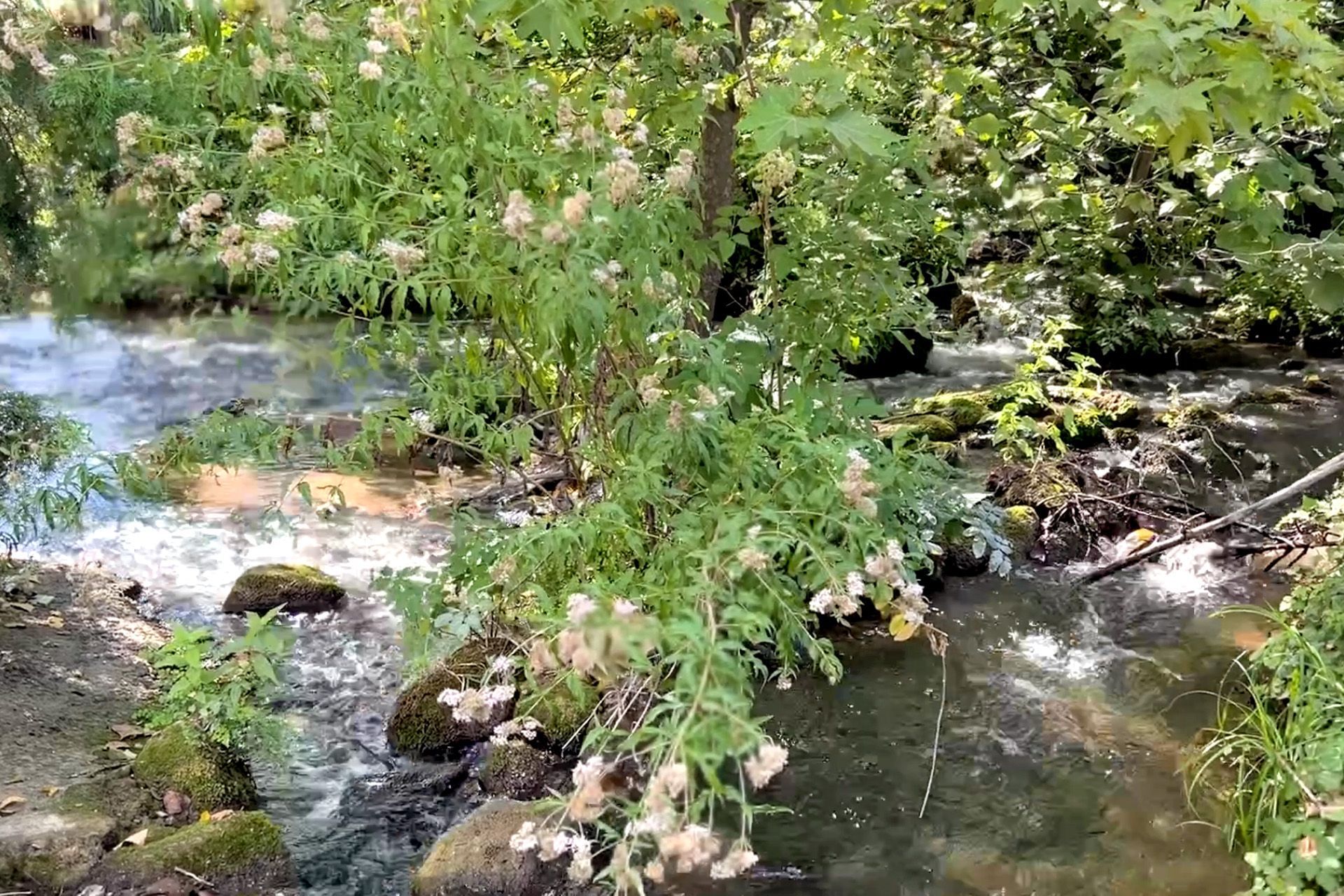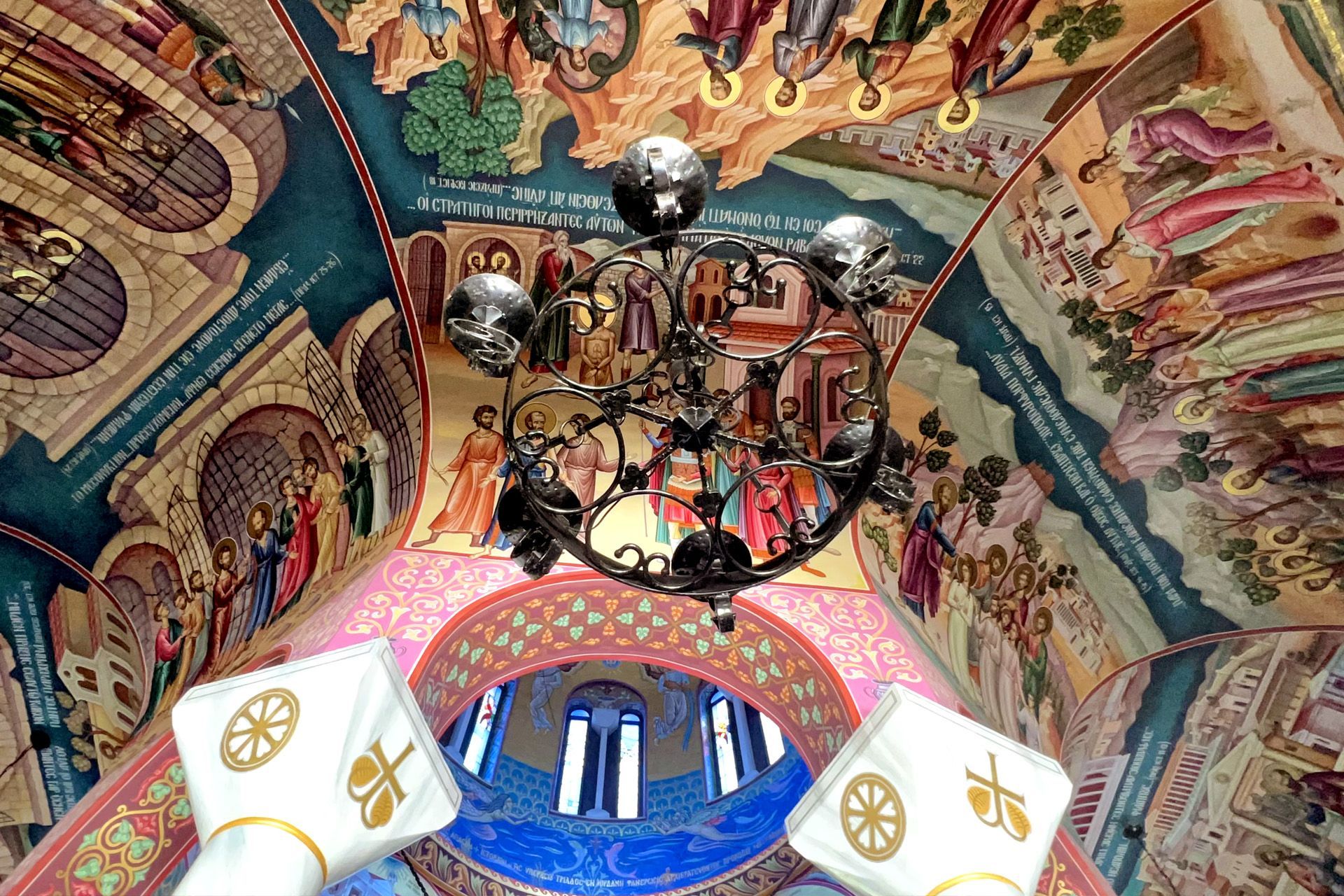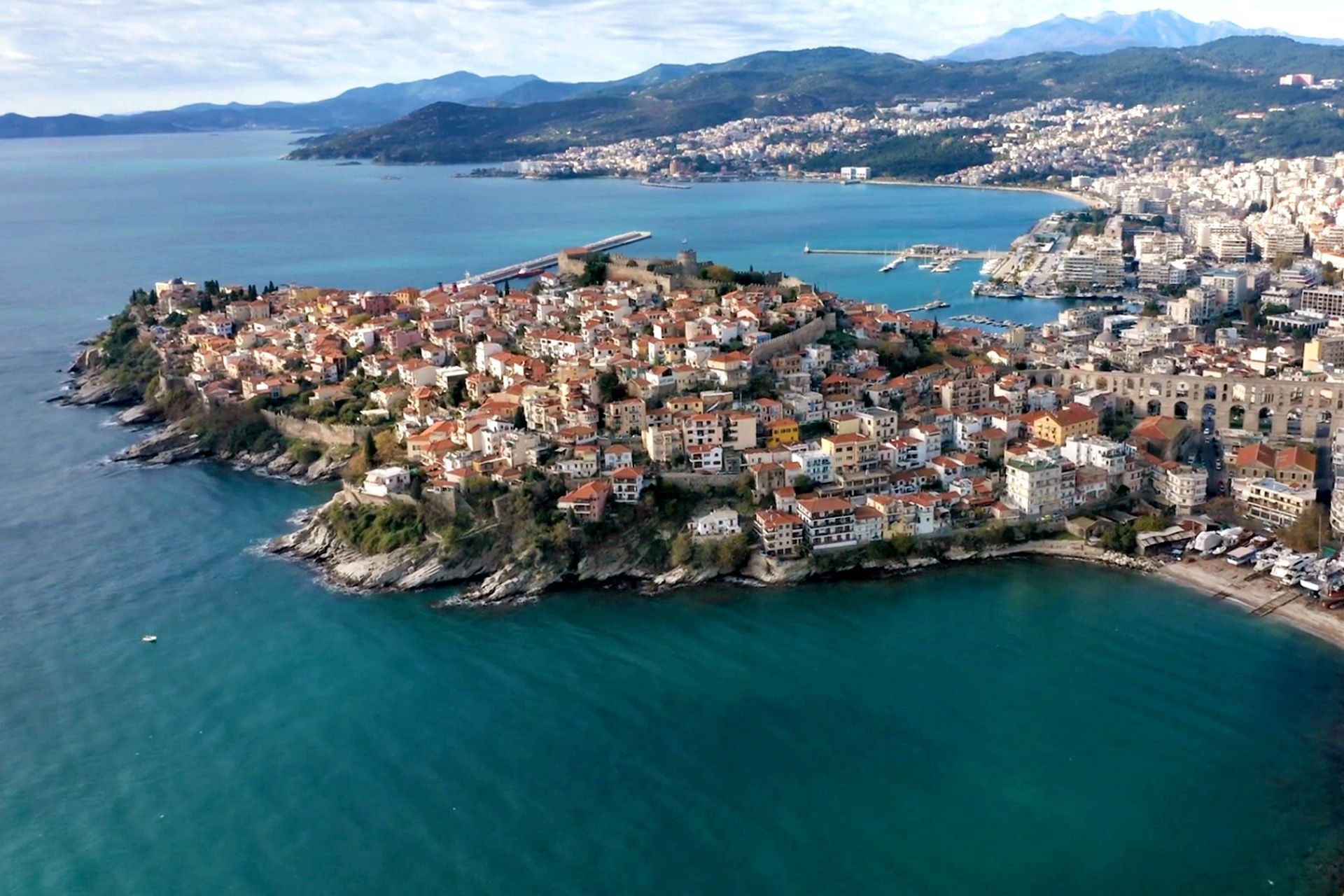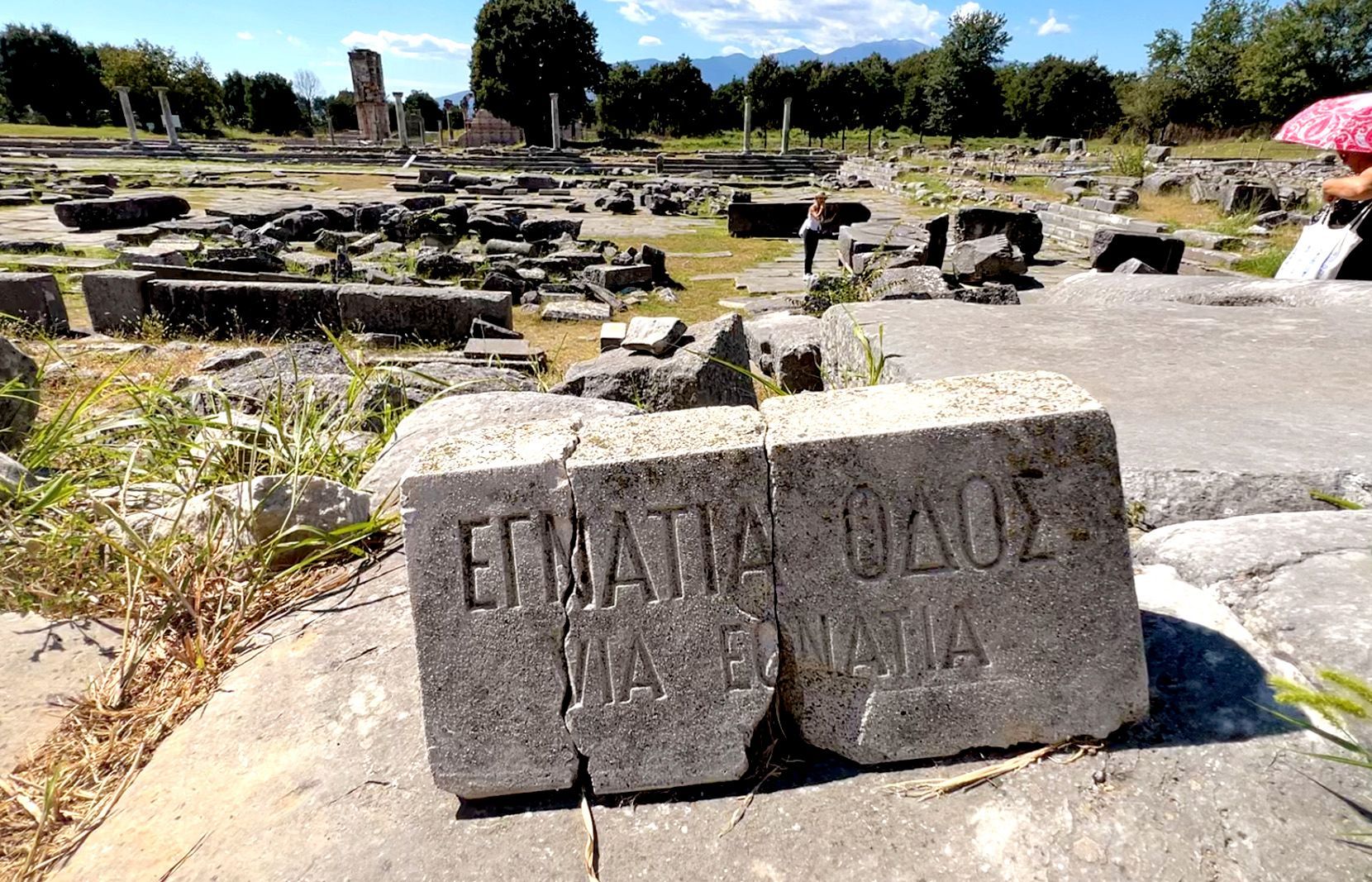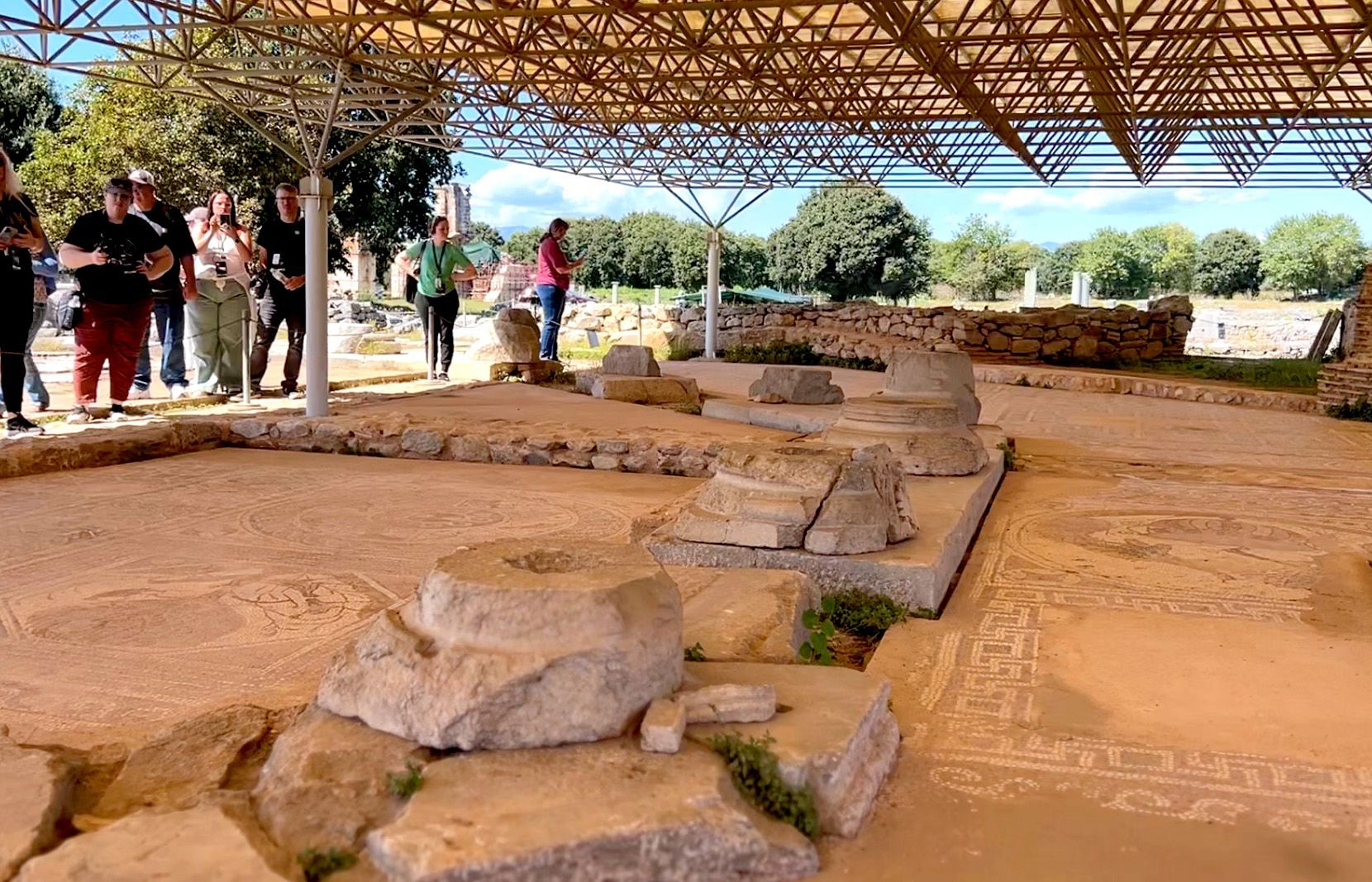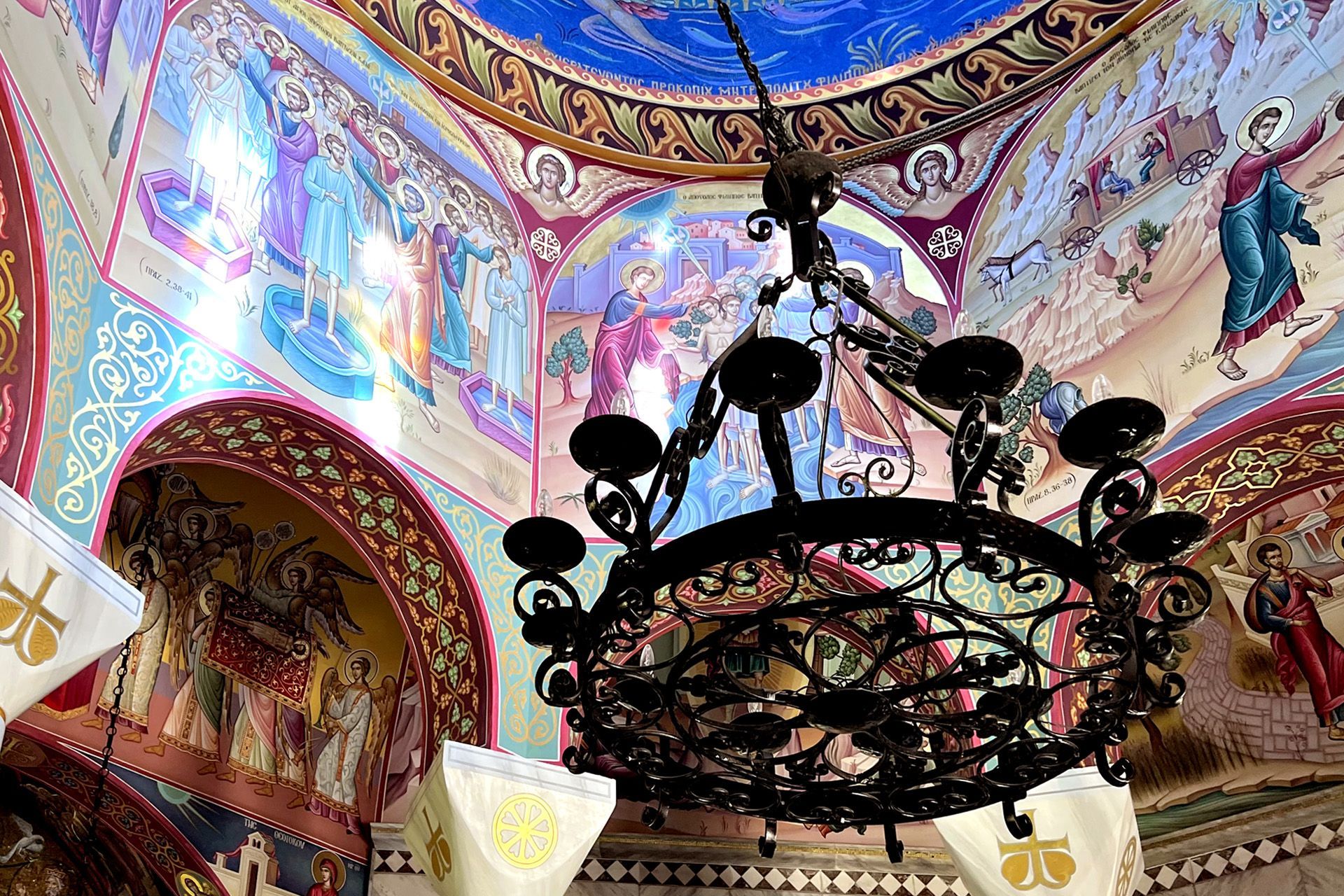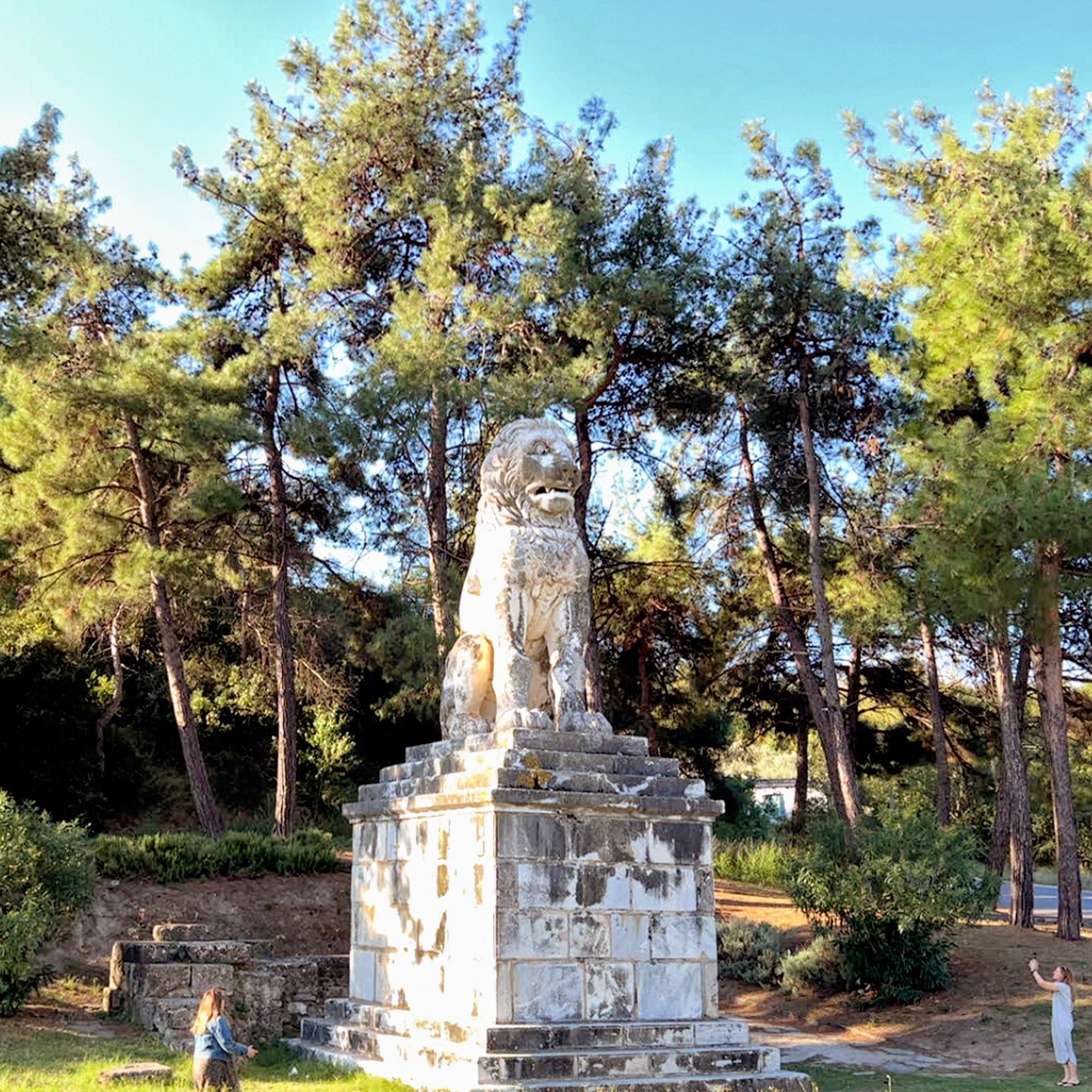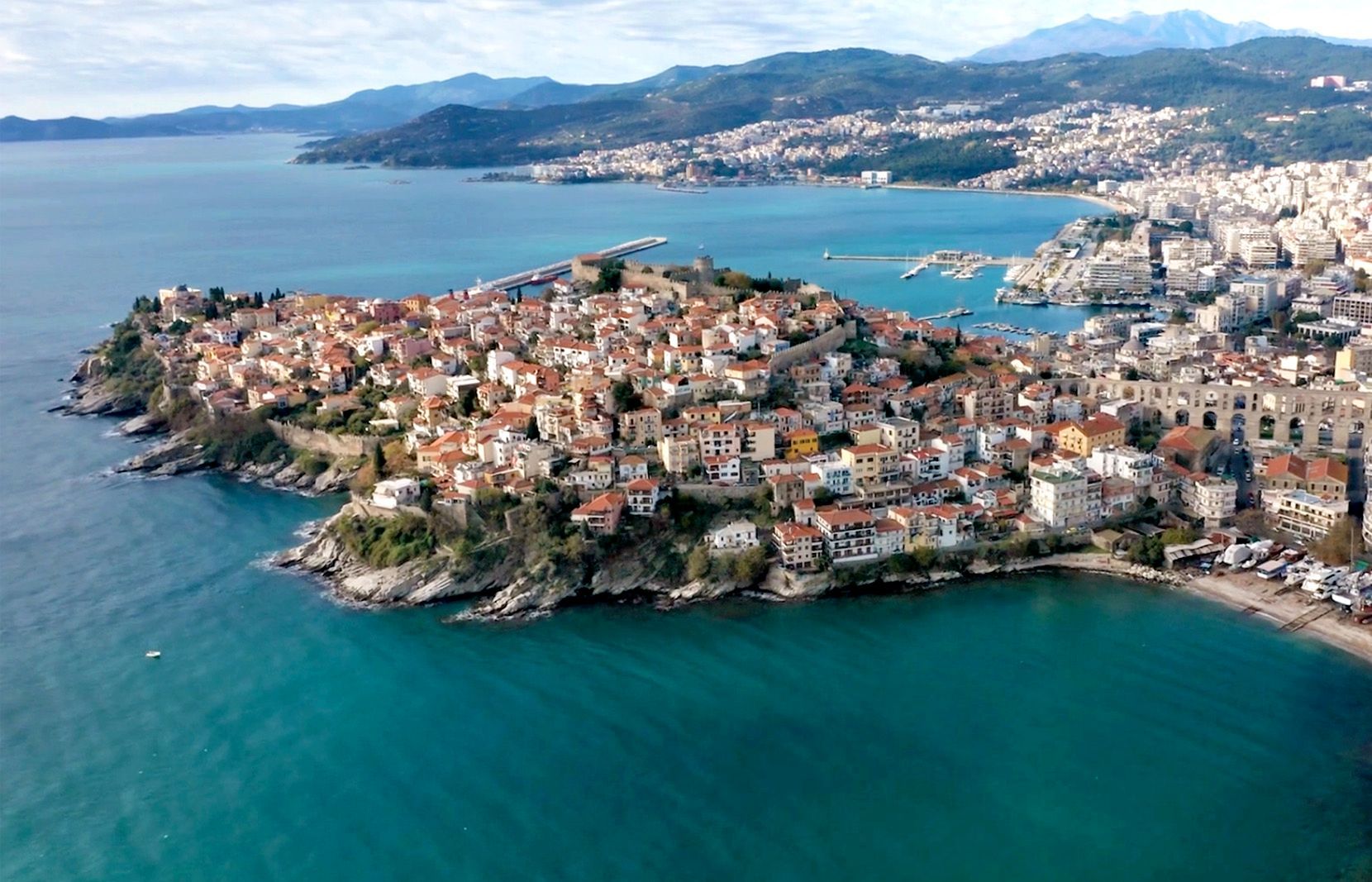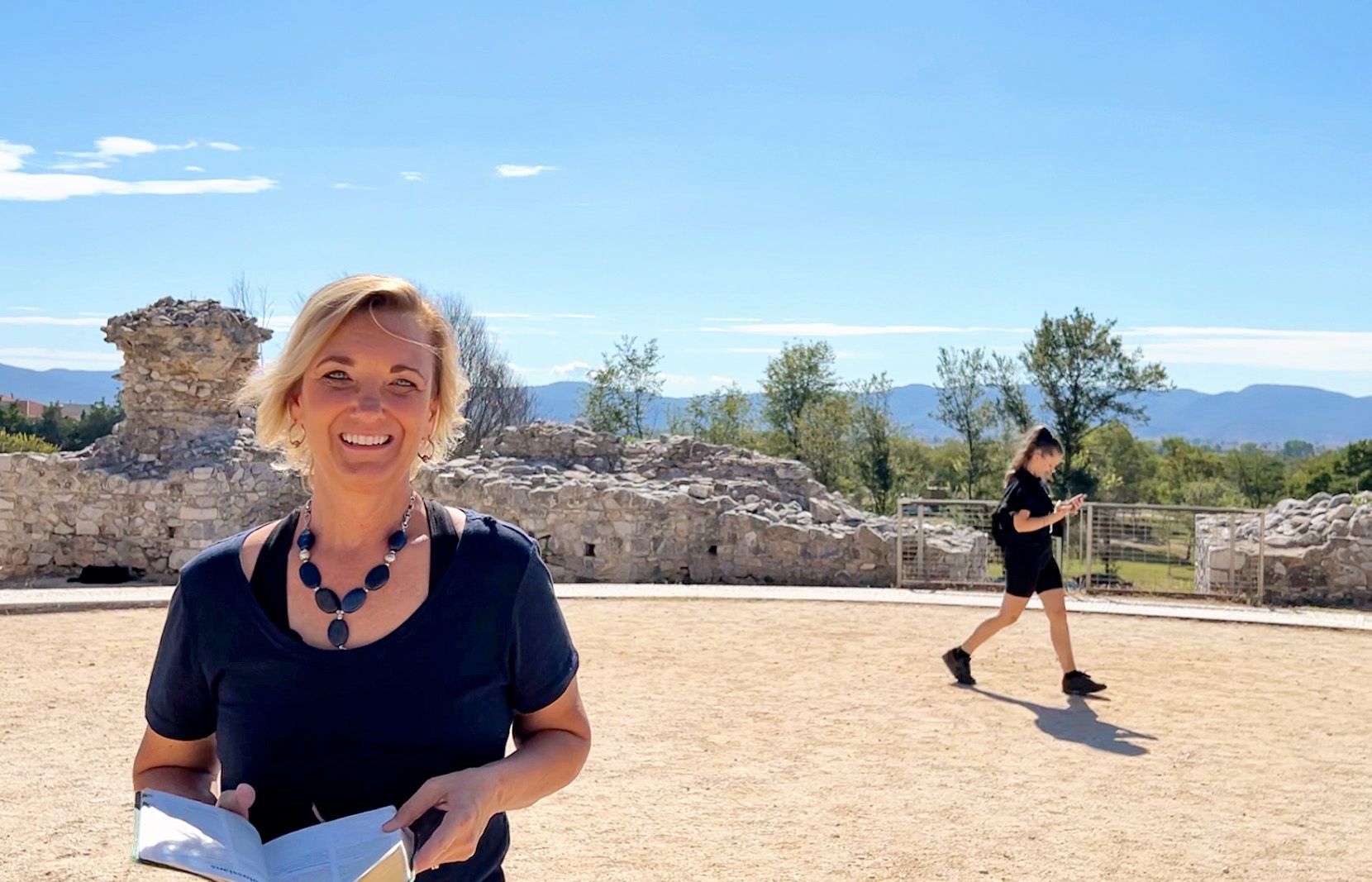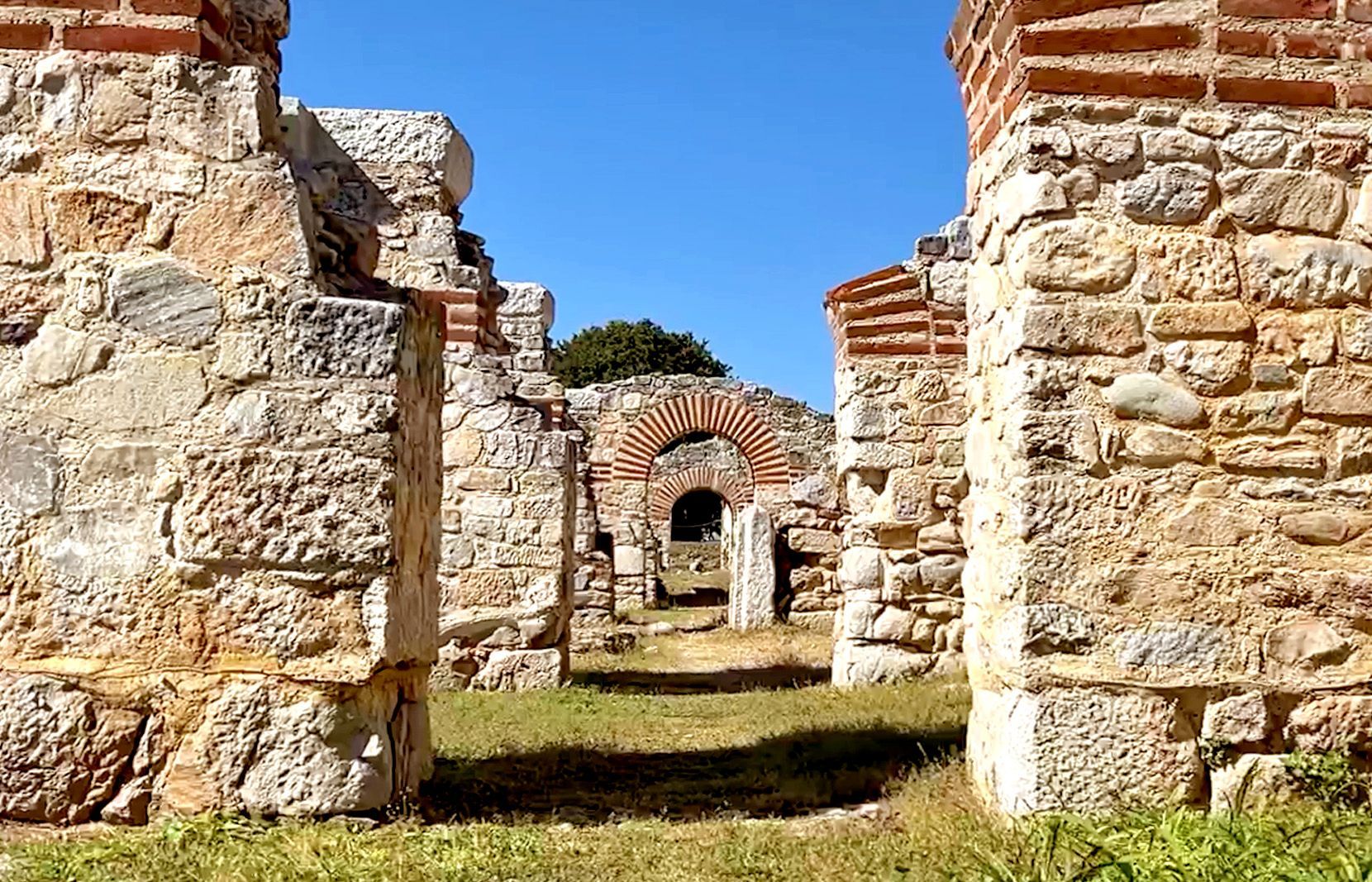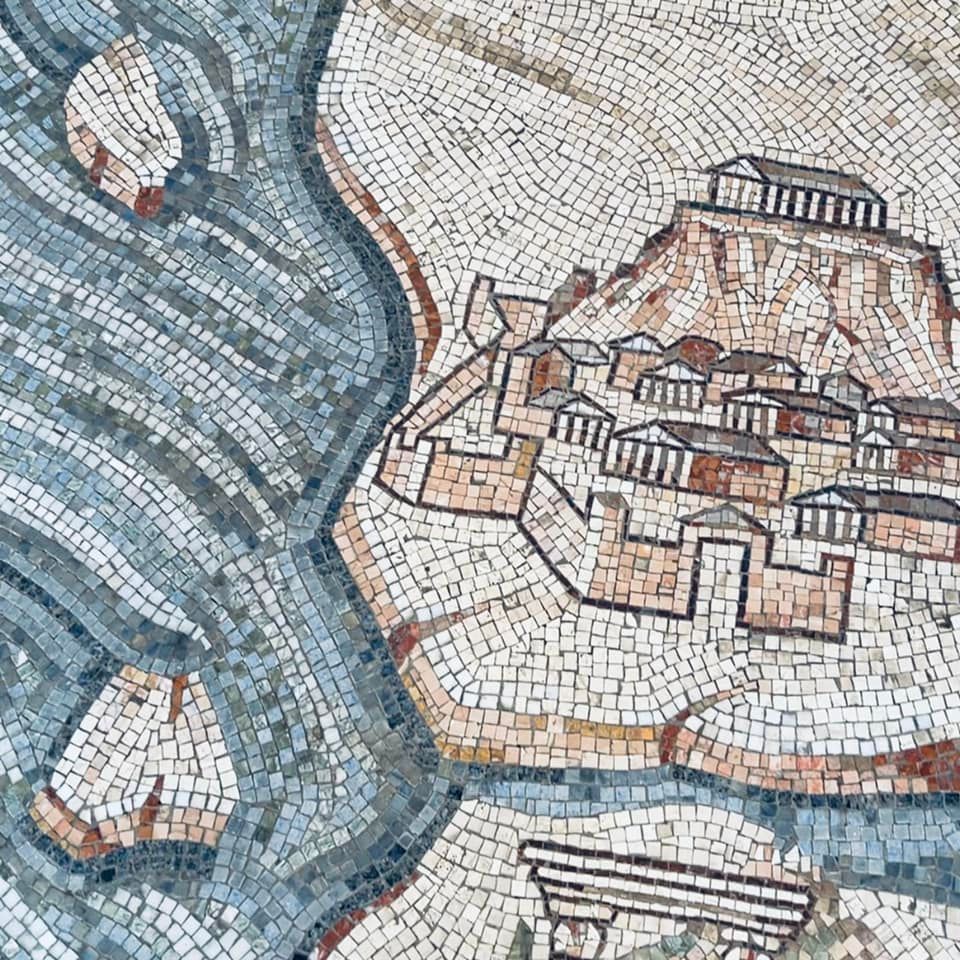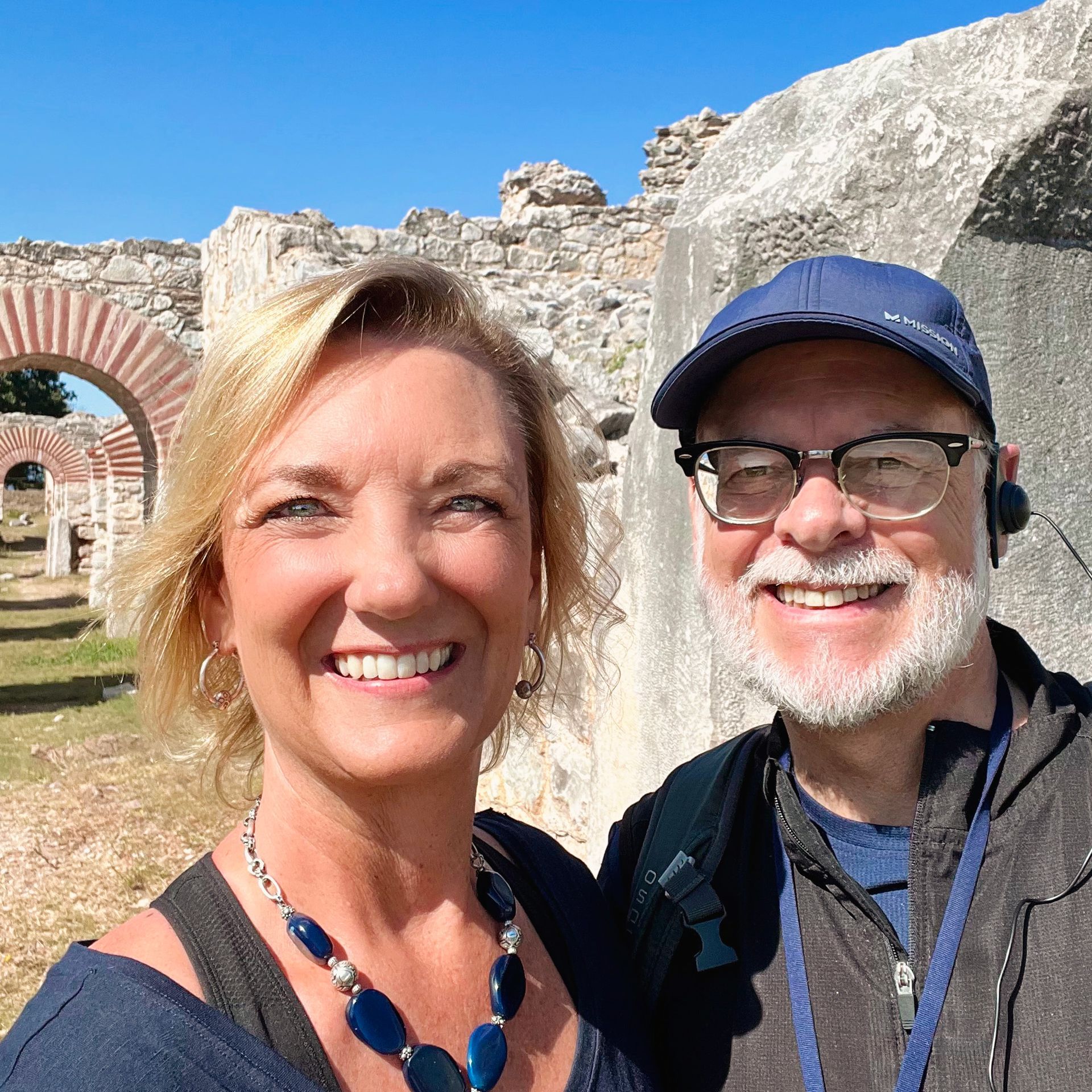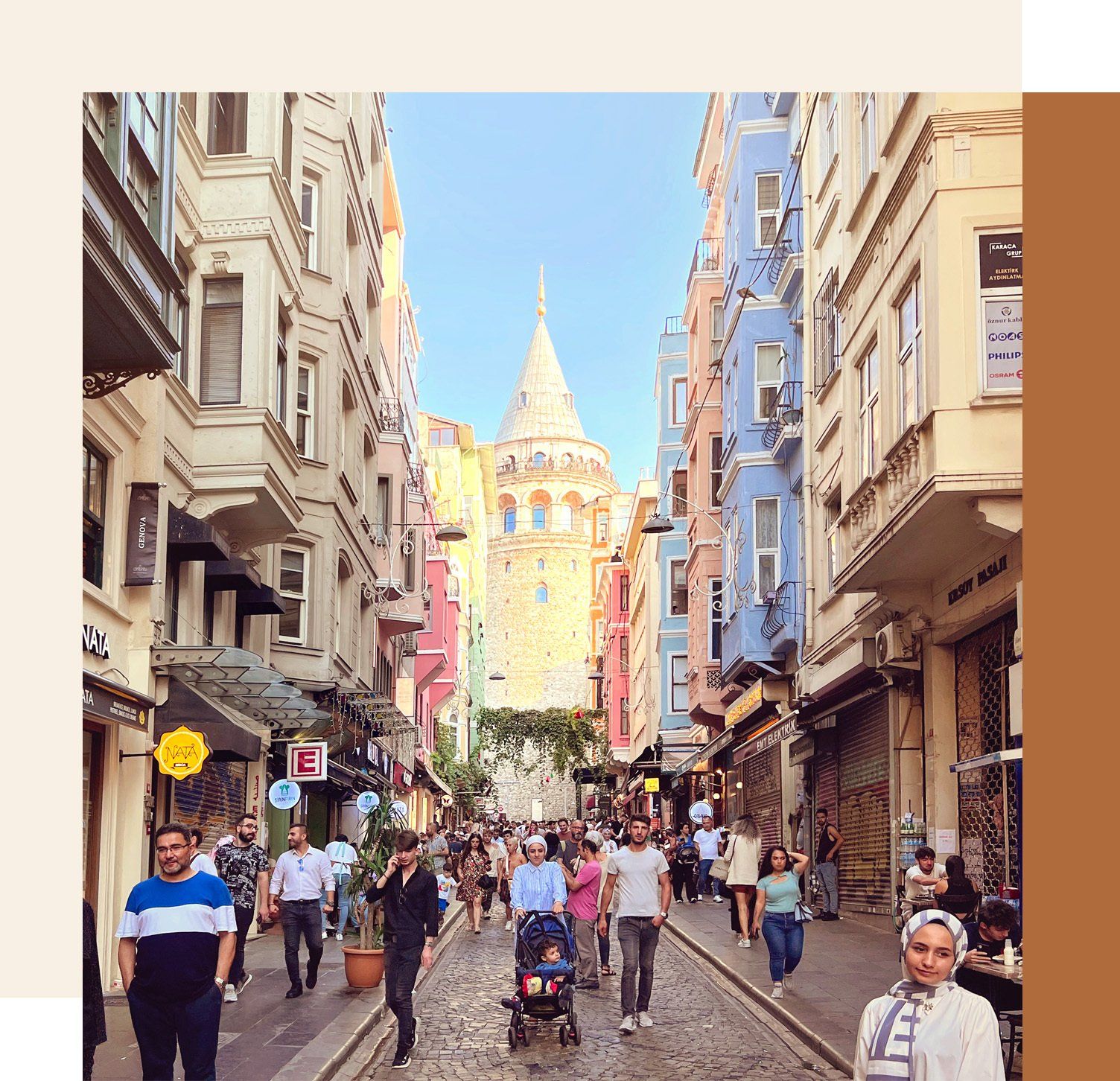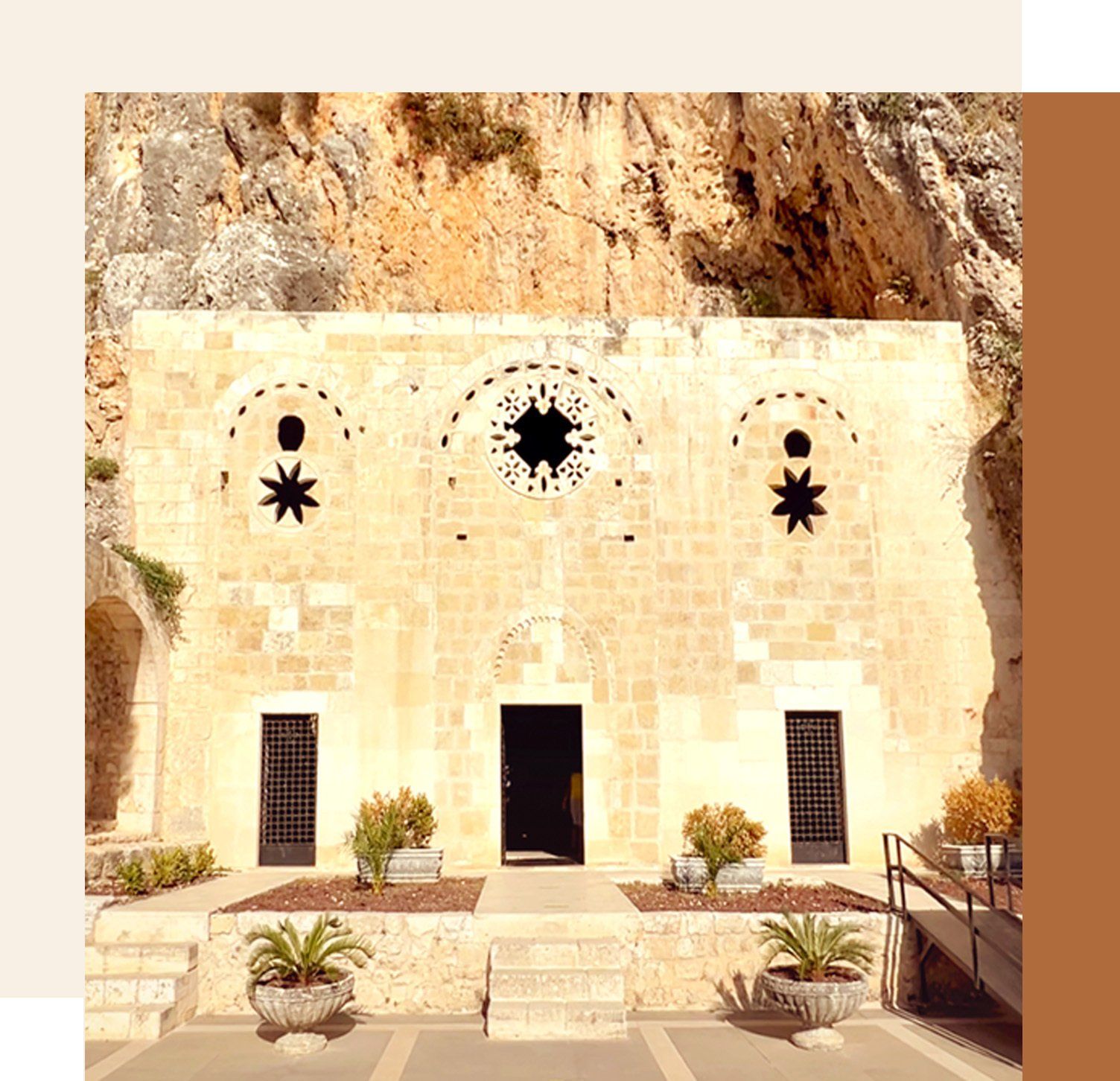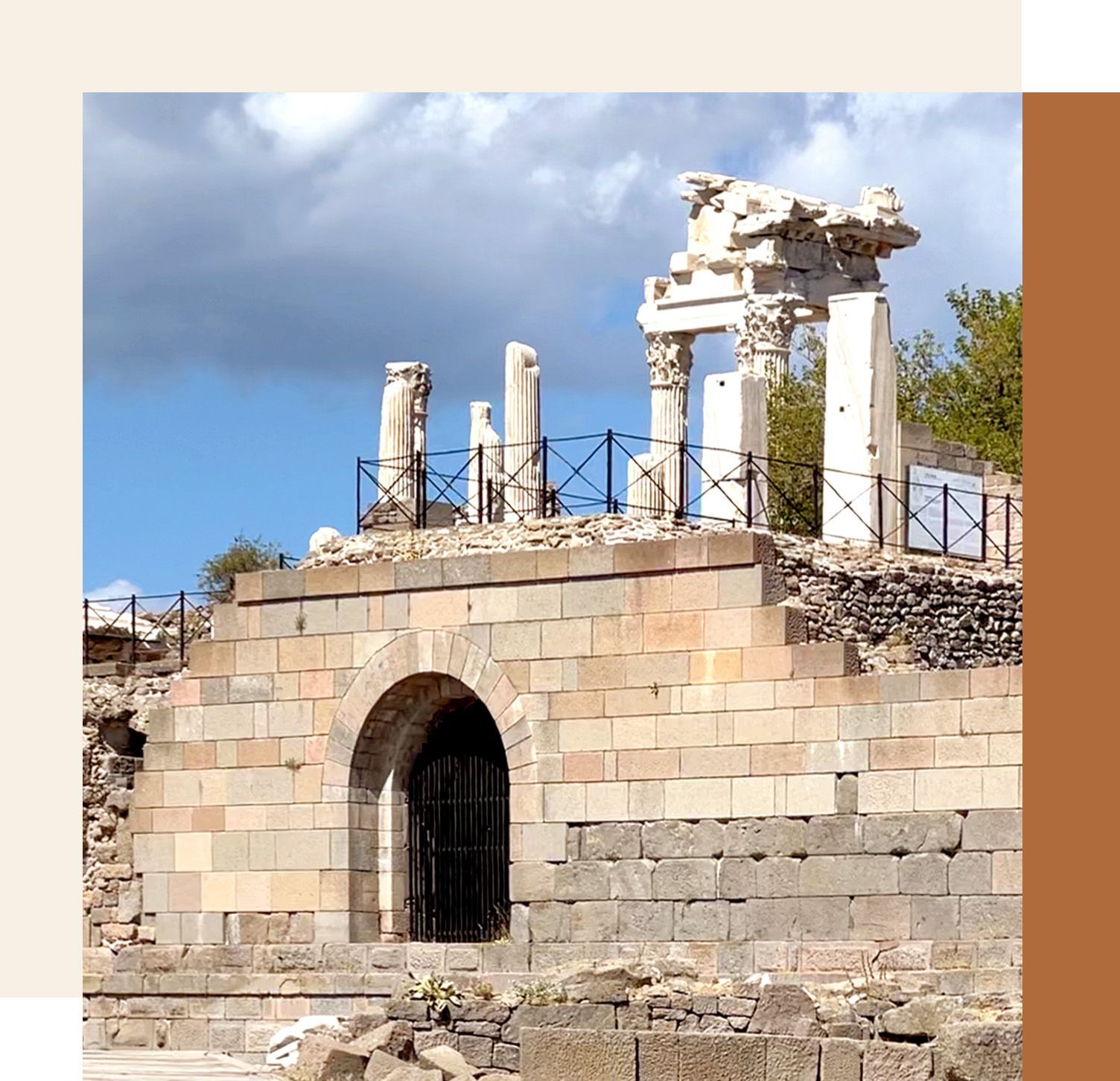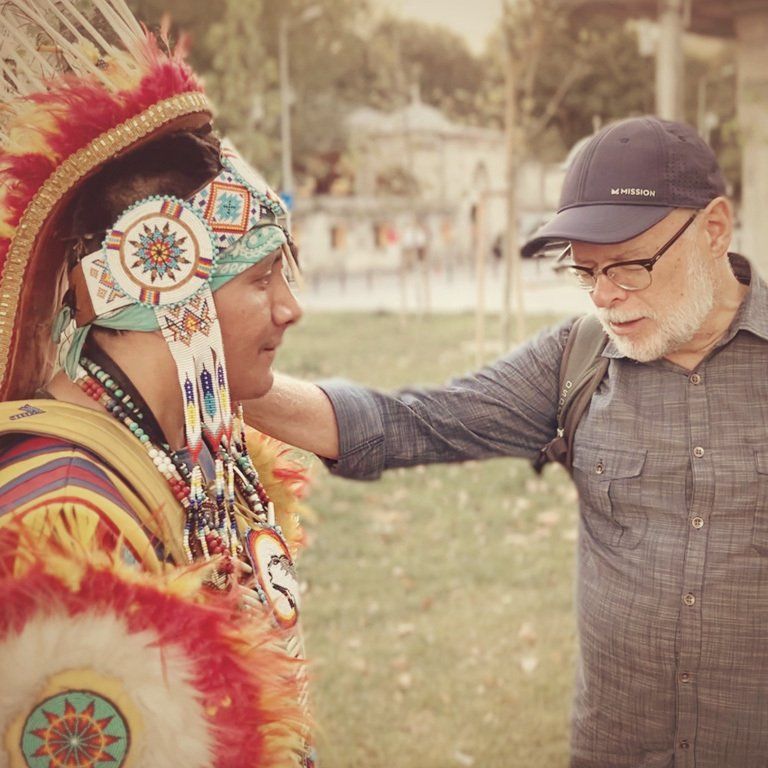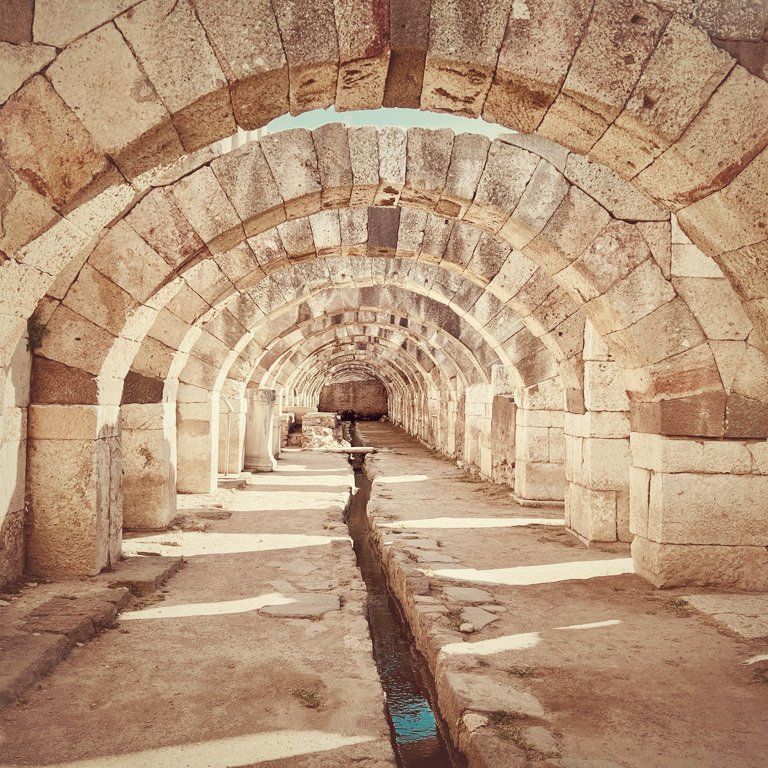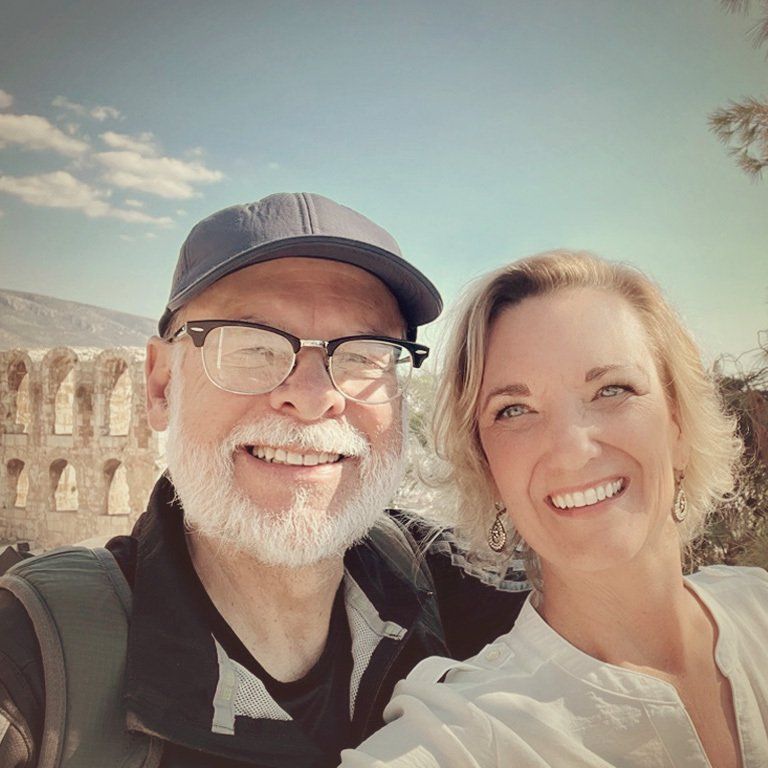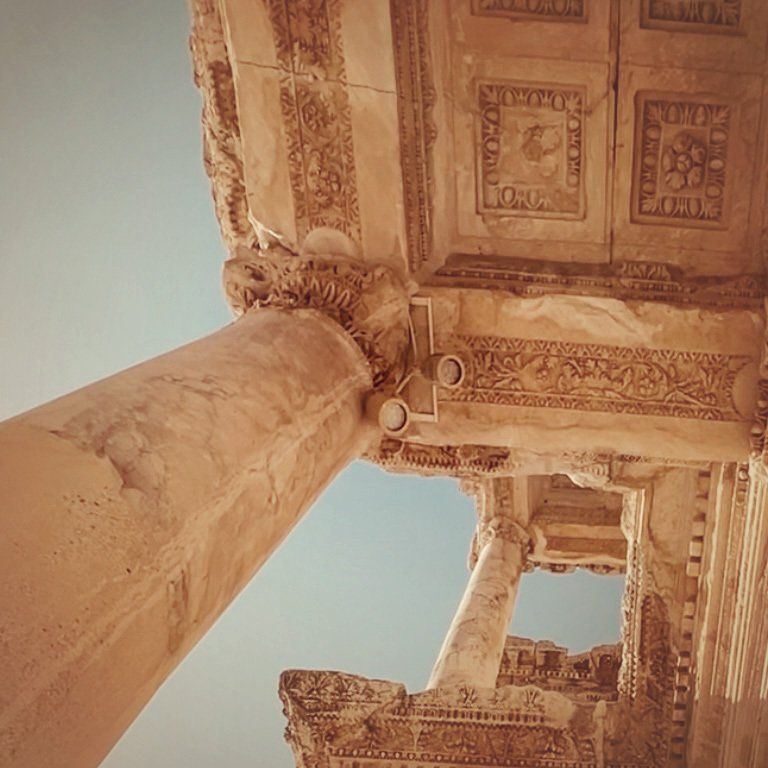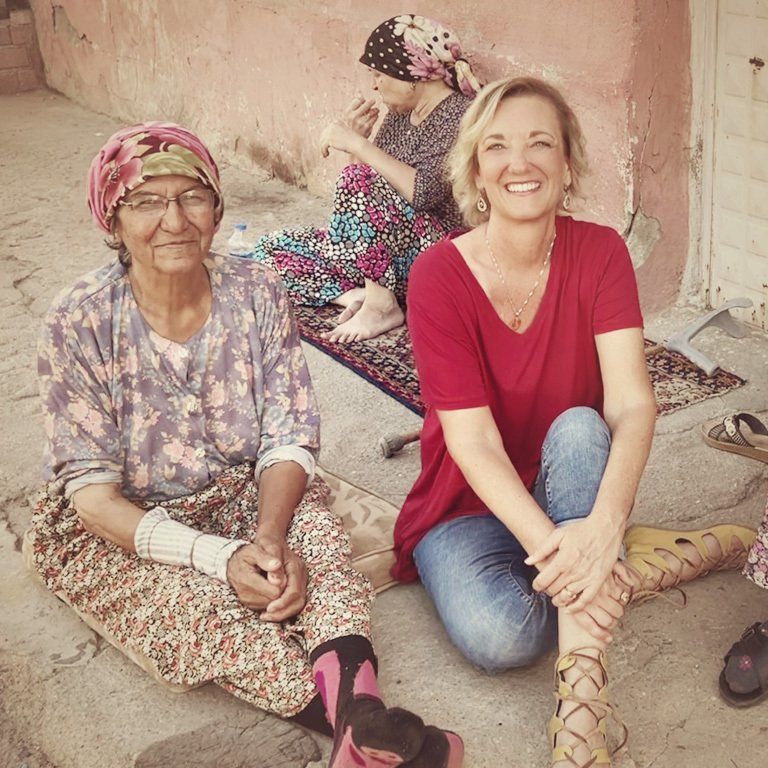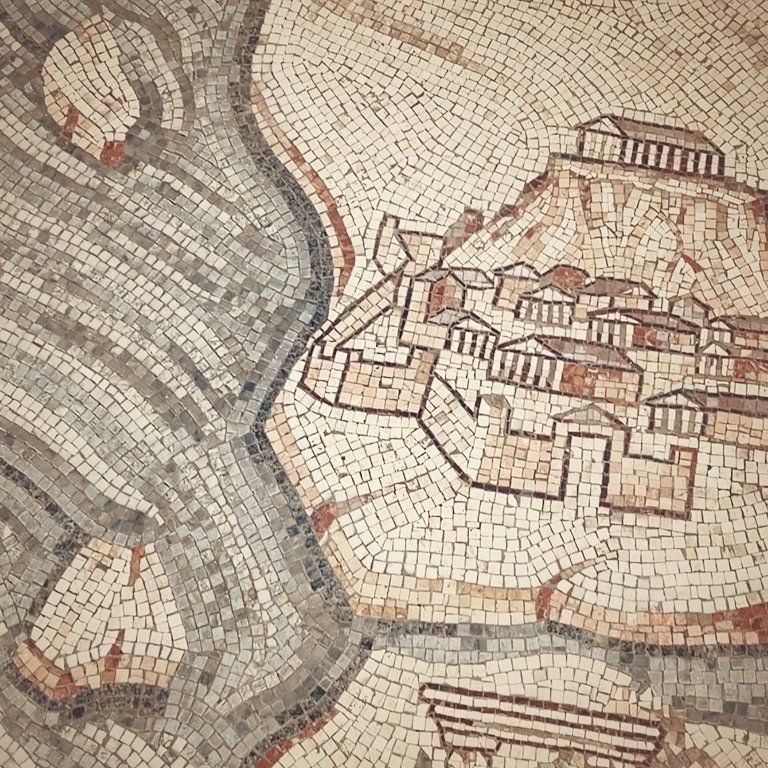The Biblical Significance of Philippi
The Biblical Significance of Philippi
Philippi was an ancient kingdom of Macedonia, named after King Philip II who reigned from 359 BC until his death in 336 BC. Never heard of him? No worries. You may have heard about his son who eclipsed his fame, ascending the throne at the age of twenty. His name was Alexander the Great.
By the first century, Philippi had become a strategic Roman military post
located along the Via Egnatia, an important road constructed by the Romans in the 2nd century BC to link their colonies and provide a way to move their troops. The road began at the coast of ancient Macedonia, crossed through the cities of Thessaloniki and Philippi, and ended in Byzantium (Istanbul). The Romans set up milestones along the road to mark the way, creating stations every 10 miles for travelers to feed and water their horses, mules, or oxen. Every 25 miles—the standard distance one could cover by foot each day—stations were set up where the travelers could find places of rest and food to eat. This was the road Paul used on his missionary travels
to reach Thessaloniki, 115 miles southwest of Philippi. So that's how he got around!
It was in this place Paul and Silas, Jewish men with Roman citizenship, were dragged into the marketplace to face the chief authorities. They were accused of throwing the city into an uproar
after Paul cast out a spirit of divination from a slave girl that had been harassing them, obliterating her ability to earn her master a profit. Following their beating, they were thrown into a prison nearby (Acts 16:16-24). Their imprisonment was illegal, yet neither one demanded what was rightfully theirs—trial before sentencing and punishment.
In the prison, Paul and Silas were held in stocks—also a form of Roman torture, stretching their legs apart until they were nearly out of joint. In the midst of their suffering, they roused themselves to pray and sing hymns to God, becoming a living message to the prisoners around them. What prayers were they praying? Which declarations might they have been making from God's word? Paul was a rabbi, one who had studied Scripture diligently. These verses would have been a perfect fit: “The ropes of the wicked are coiled around me, but I did not forget Your Torah. At midnight I rise to praise you, because of Your righteous rulings” (Psalm 119:61-62). Rather than stand before the unrighteous in the courts of men, Paul and Silas may have been storming the courts of heaven.
Whatever their prayers were, God heard and answered with such a great earthquake
that “suddenly the foundations of the prison were shaken,” loosening the chains of all who were bound. This Divine intervention led to the salvation of the jailer and his entire household—and to Paul and Silas's ultimate exoneration (Acts 16:25-40). Less than ten years later, Paul would write his letter to the Philippian church from his prison cell in Rome.
Philippi was an ancient kingdom of Macedonia, named after King Philip II who reigned from 359 BC until his death in 336 BC. Never heard of him? No worries. You may have heard about his son who eclipsed his fame, ascending the throne at the age of twenty. His name was Alexander the Great.
By the first century, Philippi had become a strategic Roman military post located along the Via Egnatia, an important road constructed by the Romans in the 2nd century BC to link their colonies and provide a way to move their troops. The road began at the coast of ancient Macedonia, crossed through the cities of Thessaloniki and Philippi, and ended in Byzantium (Istanbul). The Romans set up milestones along the road to mark the way, creating stations every 10 miles for travelers to feed and water their horses, mules, or oxen. Every 25 miles—the standard distance one could cover by foot each day—stations were set up where the travelers could find places of rest and food to eat. This was the road Paul used on his missionary travels to reach Thessaloniki, 115 miles southwest of Philippi. So that's how he got around!
It was in this place Paul and Silas, Jewish men with Roman citizenship, were dragged into the marketplace to face the chief authorities. They were accused of throwing the city into an uproar after Paul cast out a spirit of divination from a slave girl that had been harassing them, obliterating her ability to earn her master a profit. Following their beating, they were thrown into a prison nearby (Acts 16:16-24). Their imprisonment was illegal, yet neither one demanded what was rightfully theirs—trial before sentencing and punishment.
In the prison, Paul and Silas were held in stocks—also a form of Roman torture, stretching their legs apart until they were nearly out of joint. In the midst of their suffering, they roused themselves to pray and sing hymns to God, becoming a living message to the prisoners around them. What prayers were they praying? Which declarations might they have been making from God's word? Paul was a rabbi, one who had studied Scripture diligently. These verses would have been a perfect fit: “The ropes of the wicked are coiled around me, but I did not forget Your Torah. At midnight I rise to praise you, because of Your righteous rulings” (Psalm 119:61-62). Rather than stand before the unrighteous in the courts of men, Paul and Silas may have been storming the courts of heaven.
Whatever their prayers were, God heard and answered with such a great earthquake that “suddenly the foundations of the prison were shaken,” loosening the chains of all who were bound. This Divine intervention led to the salvation of the jailer and his entire household—and to Paul and Silas's ultimate exoneration (Acts 16:25-40). Less than ten years later, Paul would write his letter to the Philippian church from his prison cell in Rome.
